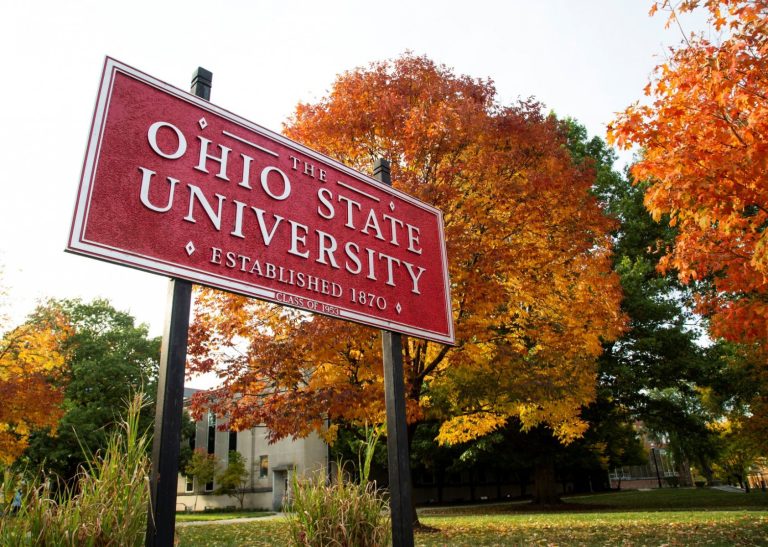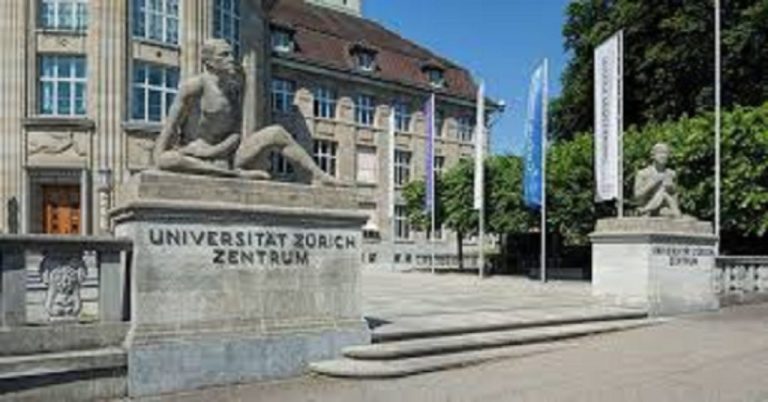A position as Researcher/Postdoctoral Research Fellow (SKO1109/SKO 1352) is available at the Department of Philosophy, Classics, History of Art and Ideas, University of Oslo.
The position is associated with the project “How do we understand machines that talk to us? Communication with large language models (LLMs)”, funded by the University of Oslo. The research fellow will be responsible for conducting experimental research on the pragmatics of human-LLM interaction. The candidate is expected to present a research project closely connected to the main project.
More about the position
Many scholars rely on Gricean inferentialism (Grice 1957, 1967) as a fundamental aspect of human communication. According to this perspective, understanding verbal utterances, whether spoken or written, involves making inferences to determine the speaker’s intended meaning.
This process requires integrating contextual information and background knowledge with the syntactic structure obtained from parsing sentences. However, this raises a perplexing question: How can we effectively engage in conversational exchanges with individuals who lack communicative intentions, such as LLMs?
By combining both theoretical and experimental research, we aim to answer several key questions:
- Are our assumptions about how communication works correct for our interaction with language models?
- Is a unified account possible of the interpretation of human and LLM utterances or are they understood in fundamentally different ways?
- How do children perceive their interactions with LLMs?
The successful candidate will be based at the Department of Philosophy, Classics, History of Art and Ideas which has a lively environment for research into language, communication and the mind, with recent and current ERC and Research Council of Norway projects on experimental pragmatics and philosophy of language, including DEVCOM ( https://www.hf.uio.no/ifikk/english/research/projects/devcom/ ) and New Models of Knowledge Communication ( https://www.hf.uio.no/ifikk/english/research/projects/new-models-of-knowledge-communication/ ).
We also host the Pragmatics: Theory & Experiments research group (https://www.hf.uio.no/ifikk/english/research/groups/pragmatics/), which brings together researchers from across the University of Oslo and other universities across south east Norway, and we have close links with research groups in the linguistics and modern languages departments at the University of Oslo, including Clinical Linguistics and Language Acquisition (https://www.hf.uio.no/iln/english/research/groups/clinical-ling/ ) and Figurative Communication (https://www.hf.uio.no/ilos/english/research/groups/figurative-communication/ ).
The position is available for a period of 3 years.
There is a 10 % component of the postdoctoral position which is devoted to teaching and administrative duties. Applicants who are or have previously been employed as a Post Doctoral Research Fellow at the University of Oslo cannot be hired in another postdoctoral position at the university. Such candidates are eligible for a position as Researcher. In that case the percentage of teaching and administrative duties is not applicable.
The successful candidate is expected to become part of the research environment/network of the department and contribute to its development. The main purpose of postdoctoral research fellowships is to qualify researchers for work in higher academic positions within their disciplines.
Qualification requirements
- PhD or equivalent academic qualifications with a specialization in areas relevant for the project (philosophy, linguistics, experimental psychology, informatics)
- The candidate’s research project must be closely connected to the main project
- Fluent oral and written communication skills in English. Knowledge of a Scandinavian language is an advantage.
- Personal suitability and motivation for the position
Appointment is dependent on the public defense of the doctoral thesis being approved.
In the evaluation of the applications, emphasis will be placed on:
- The research project’s scientific merit, research-related relevance and innovation
- The applicant’s estimated academic and personal ability to carry out the project within the allotted time frame an contribute to the main project
- Experience with experimental methods/statistical analyses in linguistics/pragmatics/psychology
- Good co-operative skills, and the ability to successfully join in academic collaboration within and across disciplines.
We offer
- Salary NOK 575 400 til kr 657 300 per annum depending on qualifications.
- A professionally stimulating working environment.
- Membership in the Norwegian Public Service Pension Fund
- Attractive welfare benefits
How to apply
The application must include
- Application letter describing the applicant’s qualifications and motivation for the position.
- Curriculum Vitae with grades listed (with a list of education, positions, teaching experience, administrative experience and other qualifying activities)
- List of publications
- A writing sample (a published paper or similar)
- Project description (appox. 2-3 pages. See Template for project descriptions). The project description must present a feasible progress plan. It is expected that the applicant will be able to complete the project during the period of appointment.
Diplomas, certificates, doctoral thesis and other academic works may be requested later.
Please note that all documents must be in English or a Scandinavian language.
The application with attachments must be delivered in our electronic recruiting system, jobbnorge.no. Applicants with education from a foreign university must attach an explanation of their university’s grading system.
The short-listed candidates will be invited for an interview.
Formal regulations
See also Regulations concerning Post-Doctoral Research Fellowships.
Following the Freedom of Information Act (Offentleglova) § 25, Chapter 2, information about the applicant may be used in the public list of applicants even if the applicant opts out from the entry in the public application list.
No one can be appointed for more than one Postdoctoral Fellow period at the University of Oslo.
The University of Oslo has an Acquisition of Rights Agreement for the purpose of securing rights to intellectual property created by its employees, including research results.
The University of Oslo aims to achieve a balanced gender composition in the workforce and to recruit people with ethnic minority backgrounds.
Contact information
For questions about the position:
Associate Professor Ingrid Lossius Falkum – i.l.falkum@ifikk.uio.no
Senior Lecturer Nicholas Allott – n.e.allott@ilos.uio.no
For questions about how to apply:
HR Officer Anders Rykke – anders.rykke@hf.uio.no

About the University of Oslo
The University of Oslo is Norway’s oldest and highest ranked educational and research institution, with 28 000 students and 7000 employees. With its broad range of academic disciplines and internationally recognised research communities, UiO is an important contributor to society.
The Department embraces four disciplines: Philosophy, Classical Languages (Greek and Latin), History of Ideas and Art History. The Department is also responsible for the introductory philosophy courses, obligatory for all students attending study programmes at the University of Oslo. The Department has about 110 employees.



